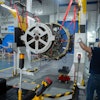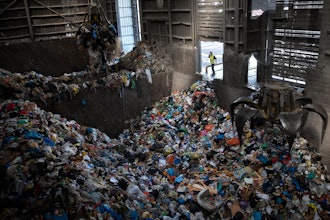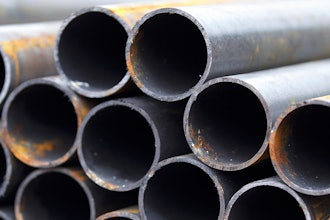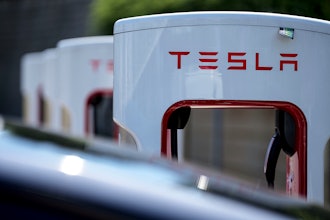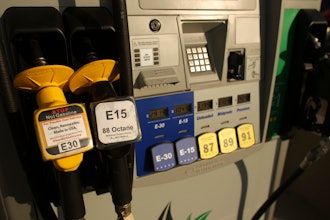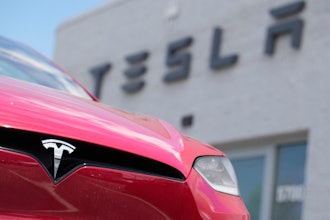BRUSSELS, Belgium (AP) - Europe can lead the fight against climate change by pushing its trading partners to eliminate tariffs on clean and renewable power technology, EU trade chief Peter Mandelson said Monday.
''It should be possible to agree a zero percent deal for these key goods,'' Mandelson said in a podcast posted on the Web site of the European Commission's trade department.
He said he would ask World Trade Organization head Pascal Lamy to spearhead this push as the world is faced with the ''urgent challenge'' of making the growth of rapidly expanding economies China, India and Brazil less harmful to the environment.
Europe has much to gain in getting ahead of the curve on technologies and services that attempt to tackle climate change and European companies are already exporting wind farms and solar panels to China, he said.
China worries environmentalists by building one coal-powered electricity plant a week to feed its booming economy, adding to the carbon emissions that cause climate change.
''We can ... export the tools and expertise to tackle climate change worldwide,'' Mandelson said. He stressed that other countries could also win, citing India's growing exports of low-power water heaters and China trading wind-powered electricity generators with Africa.
''Wherever possible, restrictive national rules on investment or services trade that prevent this transfer of expertise and technology must be removed,'' he said.
The EU will also push green trade in the bilateral pacts it is preparing to strike with major partners India, South and Central America and the Association of Southeast Asian Nations.
''I want to use our bilateral agreements to provide new opportunities for companies that provide public services like construction in an environmentally friendly way,'' he said.
But he ruled out a climate tariff on countries - such as the United States and Australia - that have not ratified the Kyoto protocol to reduce greenhouse gas releases by 8 percent below 1990 levels by 2012.
Europe could set a valuable example by proving that cutting out carbon would not hurt economic growth, he said, acknowledging that it would impose some financial and competitiveness costs on European companies, particularly aluminum and steel smelting and coal-burning power plants.
''There will be perfectly reasonable pressure from business and industry that Europe does not move impossibly far ahead of its competitors,'' he said, but claimed that these costs - estimated at 3-4 percent of a developed country's gross domestic product - were outweighed by the costs of doing nothing.
Making transport less harmful to the environment was ''essential'' even though that would also add to Europe's costs, he said.
''Emissions trading that calculates and imposes the costs of travel is an inevitable part of the future of the automobile and aviation industries. There is no avoiding this,'' he said.
On Wednesday the EU will suggest including airlines in its carbon emissions trading plan to encourage them to cut carbon dioxide releases.

